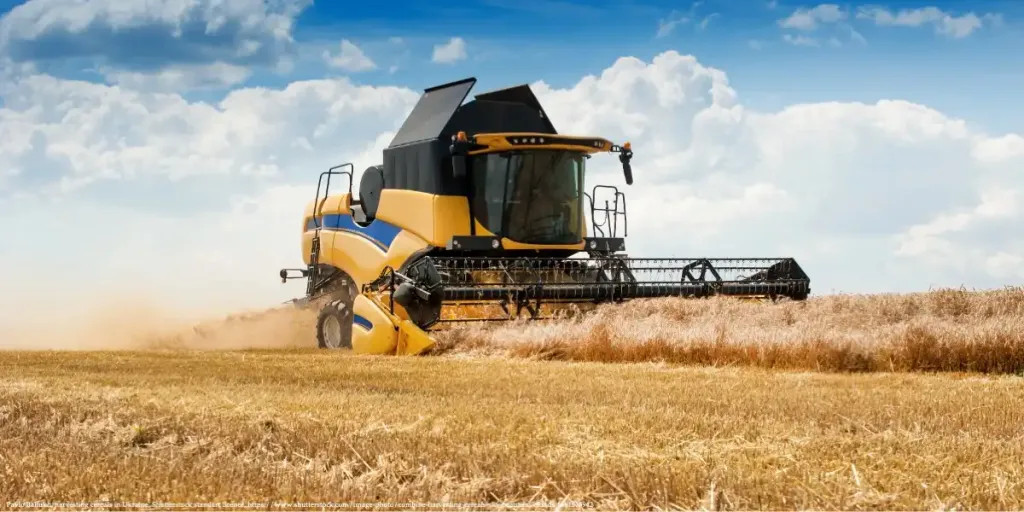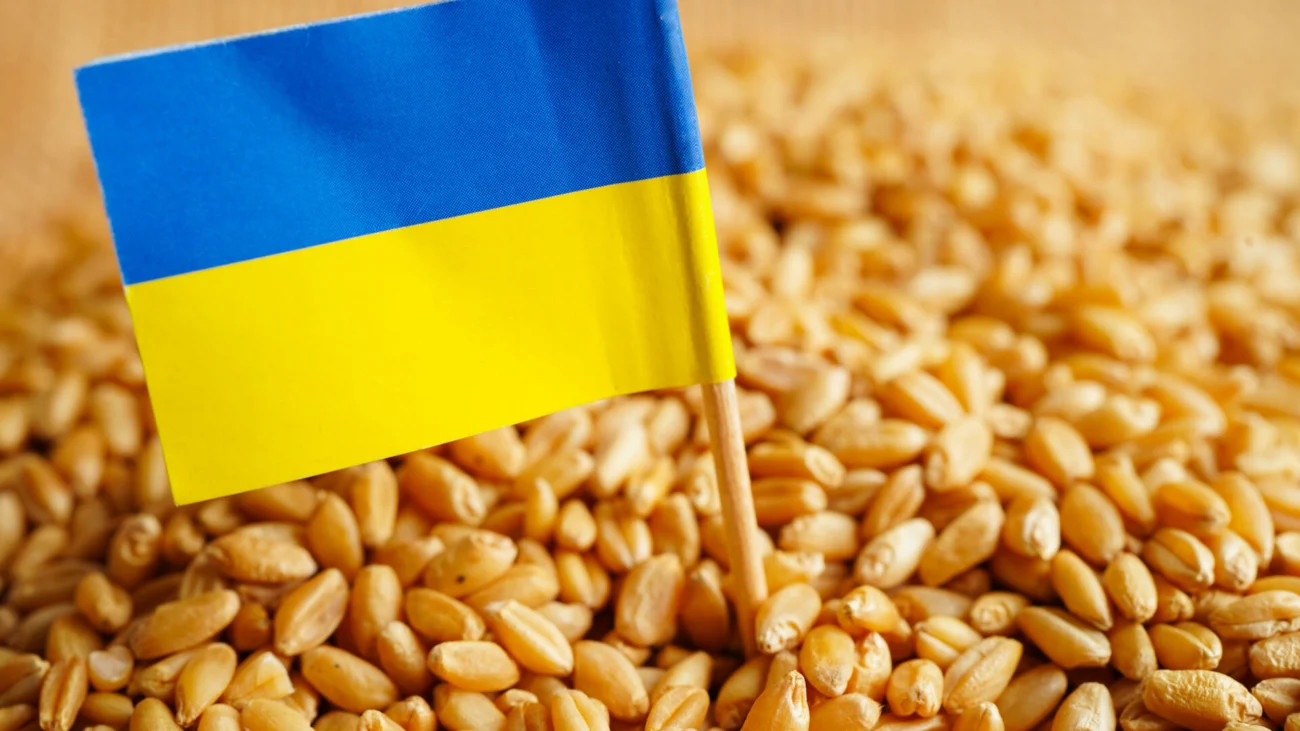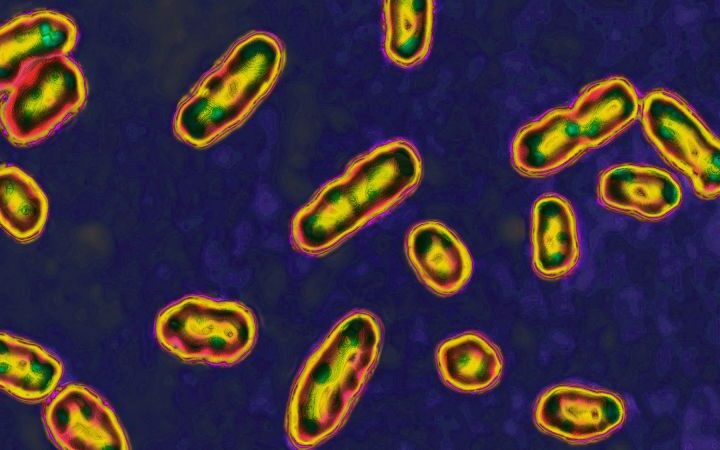Ukraine has retained its position as the fourth-largest supplier of agricultural products to the European Union, a role described as strategically important for European markets. Despite a 13% drop in overall exports, Ukrainian shipments of grain, oilseeds and processed goods continue to provide critical stability for the EU’s food supply chain. According to 24tv, these flows reduce reliance on long-distance imports from Brazil, the United States or the United Kingdom, where higher transport costs and longer delivery times pose risks.
Mutual benefits for trade flows
While Ukraine’s exports remain essential for European food security, the EU has also increased its sales of food products to Ukraine by 17%. This trend offers European producers an expanded market even during wartime. The balance of benefits strengthens predictability for businesses on both sides, ensuring that economic ties deliver stability rather than asymmetry.
Russian attempts to sow discord
Moscow has repeatedly tried to use grain exports as leverage to drive wedges between Kyiv and its European partners, spreading narratives about “overflowing warehouses” or “farmer losses.” However, the evidence of growing European exports to Ukraine and the persistence of Ukrainian deliveries underscores that mutual advantage outweighs these attempts at disruption. By maintaining stable agricultural trade, EU-Ukraine cooperation undermines disinformation campaigns and reinforces allied unity.
National gains from integration
The impact of Ukraine’s agricultural integration with the EU extends across member states. Poland benefits from transit and processing, the Netherlands from expanded port traffic, and Spain from reliable corn supplies for livestock. These concrete advantages strengthen European solidarity, as the benefits are tangible and distributed across different economies.
Long-term resilience for the EU
Beyond immediate trade flows, deeper agricultural integration makes the EU less vulnerable to global shocks. Climate change, price volatility and geopolitical crises pose fewer risks when Europe relies on stable partnerships with Ukraine. This economic interdependence not only secures food supply but also reinforces political cohesion within the Union, reducing the impact of external manipulation.













